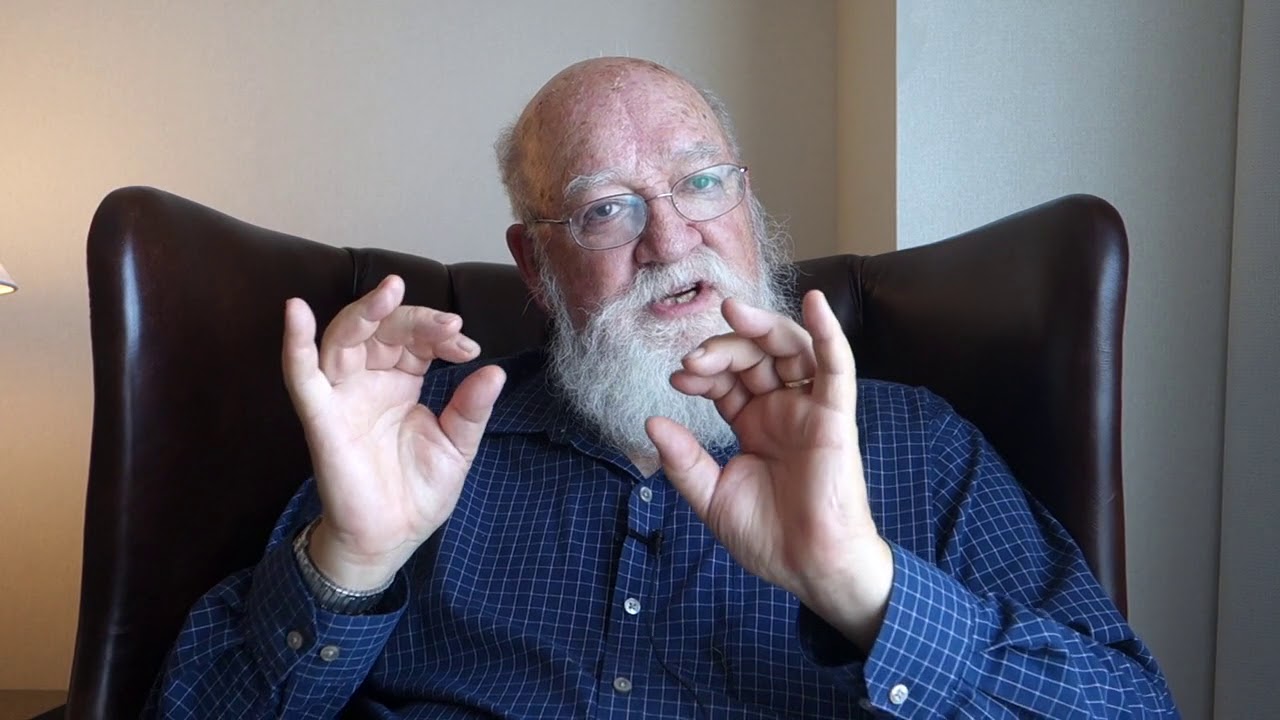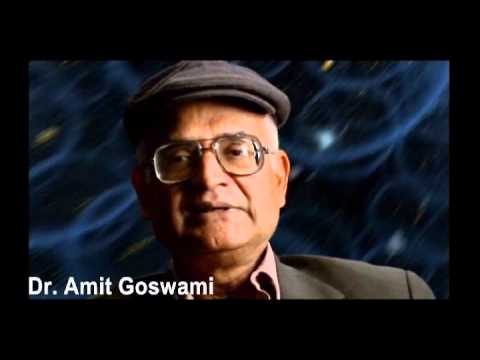The Artificial Intelligence Channel
Daniel Dennett is an American philosopher, writer, and cognitive scientist whose research centers on the philosophy of mind, philosophy of science, and philosophy of biology, particularly as those fields relate to evolutionary biology and cognitive science.
Recorded, Nov 22, 2017.
Source
Daniel Dennett – Information & Artificial Intelligence




Glad to see philosophers are finally getting to see what the rest of us have known for ages.
i disagree with many of his points. very weak for someone that dedicated his life to this stuff. i would elaborate but its too controversial and politically incorrect for most of you seculars.
Love you dan
please dont die yet, we still need you!.
https://mitpress.mit.edu/authors/stephen-i-gallant <– it is trivial to produce propositional expressions from the weights of artificial neural networks but Dennett is correct that these are unnecessary, "differences that don't make a difference" in current applications. I think it is wrong to say that none of these "differences" make a difference. For example, I propose they might, in some cases and neural network architectures, be useful in training algorithms using predicate calculus to simplify the computation of adjustments in a neural network's weights.
I really like Dennetts talk on the unified theory of information on the royal institution channel combined with this vid…Dan is a great scientific philosopher…respect
This point of view isn't very hard to get at for an engineer who sees man and his brain as a survival machine. I think philosophers could benefit from more training in the "concrete". The aparatus (the brain) that is trying to understand the aparatus (still the brain) was made to enhance survival, not to make accurate models of itself. The brain evolved out of evolution 'because' it turned out to be useful in the process of evolution. To assume that all can be "unrolled" back to a point of origin (other than nuclear physics) in an matter that makes sense to a brain is …. ludicrous
Theoden king, I RELEASE YOU!!
And there goes all (or most of) philosophical theories that have arrogantly imposed a proposition (meaning) on every aspect of life and existence. Long live nihilism and trans-humanism.
Dennett seems to think that just because there are some cases with respect to which we might well be mistaken if we thought about them as having meaning by means of conveying or capturing a proposition, that all cases in which we do this are a mistake. Why should we buy this non-sequitur? This is not to deny that the concept of meaning is very rich, nor to assert that it can always be cashed out in terms of propositions. The trouble is that it is a richer topic than Dennett seems to think.
He is totally right about string search vs semantic search. Google made that switch recently, and it's crippled its original intended function.
Mr. Dennett was difficult to follow when I first heard him speaking 15 years ago. He has grown even more difficult to follow with the years. I've never read anything he has written and after listening to him speak in many youtube videos, I am not drawn to read his work. I'm afraid I would fall asleep before he got to the point. If I thought he had some unique, life transforming idea perhaps I would stick with him to the end. But every time I hang around the punchline falls flat.
you say "artificial"
Is it "artificial" because its not organic?
https://www.youtube.com/watch?v=tI7LEOZUAlE
Im the real atoms not you ?
Home is where the heart is <S?L>
Sincerely,Post Scarcity Ephemeralization Godz – Changing the old hegemony channel to God sauces channel,with magic atoms and molecule spices ?
Don't assume Everybody wants to rule over you,Godz have better things to do then to toy with mortals.
https://www.youtube.com/watch?v=g4MniflqAP8&list=PLfN09hf0oyUx7fS5KLZC0u7py6t4-ULGJ&t=0s&index=168
We will go extinct anyway if we don't design our evolution to adapt to change.
Im ok with regulations,my concern is the lack of empathy.
Im for empathic Godz ?
Metaphorically,It's the Autobots verses the dark lord moron ?
R. Buckminster Fuller -Legendary Prime ❤
https://www.youtube.com/watch?v=gFeaGDXzQ18&t=138s&list=PLfN09hf0oyUx7fS5KLZC0u7py6t4-ULGJ&index=25
We can't be on a spaceship fucking eachother up.
Going to space is going to require tremendous trust and nakedness in terms of privacy.
We will never get along in space together if we can't be a family,Jerry springer bullshit is not going to happen ?
Empathy,trust,respect, Don't worry about Sophia's artificialness but reveal our own ?
https://www.youtube.com/watch?v=qfdXUsH9iXI&list=PLfN09hf0oyUx7fS5KLZC0u7py6t4-ULGJ&index=91&t=60s
The brain is an area of neurophysiology activity. Neurophysiology activity consists of electrochemical reaction. Thus at any given time, the brain state is defined by a subset of electrochemical reactions, derived from a large set of possible reactions. Consider the phenomenon of a. conscious thought. As at any given time the brain physical state consists of a collection of electrochemical reactions (events), it can be inferred that they are collectively responsible for the conscious thought. This means that at least in part, simultaneous events are responsible for thought. In other words, thought creates a connection between simultaneous events. This is in contradiction to the consequences of special relativity, which states that the fastest connection between events is the speed of light and thus excludes the possibility of connection between simultaneous events. Consider the memorizing of, say, the value 5. This would necessarily involve more than 1 point in space as, say, if it is assumed a single electron records 5 by taking a particular potential. Then it by itself cannot define (or know) 5, as its magnitude would be defined only with respect to another datum or event defined as a unit potential, thus involving at least 2 simultaneous events. Consider the experience of vision. While we focus our attention on an object of vision, we are still aware of a background and, thus, a whole collection of events. This would mean at least an equal collection of physical events in the brain are involved.
Take the experience of listening to music. It would mean being aware of what went before. Like vision, it would probably mean that while our attention at any given time is focused at that point in time, it is aware of what went before and what is to follow. In other words, it spans the time axis. Many great composers have stated that they are able to hear their whole composition. Thus their acoustic experience is probably like the average person's visual experience. While focusing at a particular point in time of their composition, they are nevertheless aware of what went before and what is to come. The rest of the composition is like the background of a visual experience. Experiencing the composition in this way, they are able to traverse it in a similar fashion to which a painting is observed. In this sense, an average person in comparison can be seen as having tunnel hearing (like tunnel vision) when it comes to music, thus making it very difficult for him or her to reproduce or create new music. It can be seen that consciousness is a 4-D phenomenon. If it is a physically explainable phenomenon, such an explanation would involve EPR type effects and as such physical explanations at a quantum level will be involved.
https://philpapers.org/rec/DESCAS
Why from Dennett's perspective consciousness is reducible to atomic meanings while some other things are not ? Is it a set of meanings of some sort ? And obviously if we propose an objective meaning of things how do we know that we are right about our judgements about them ?
I love this! This reassures me about humanity.
I am surprised by how quickly people are seemingly putting these ideas off.
He isn’t aging well.